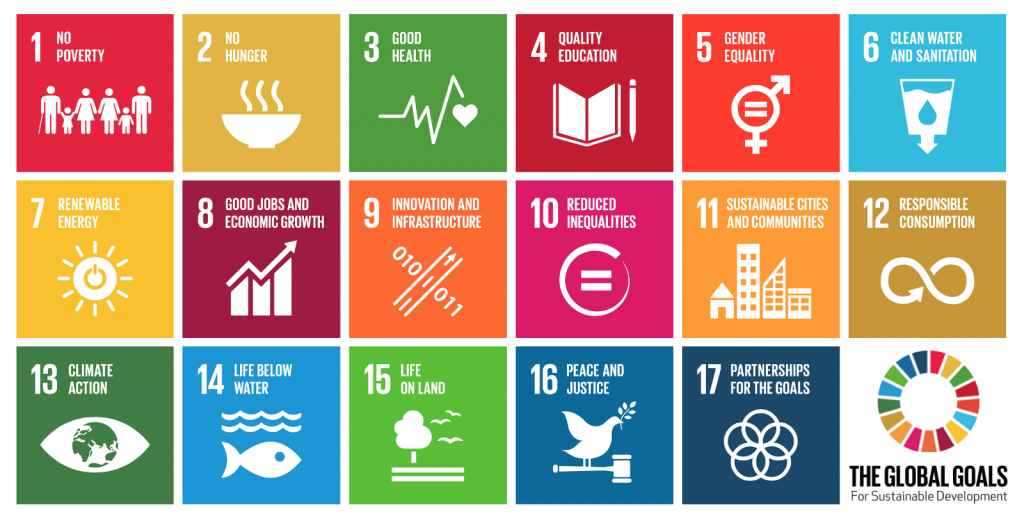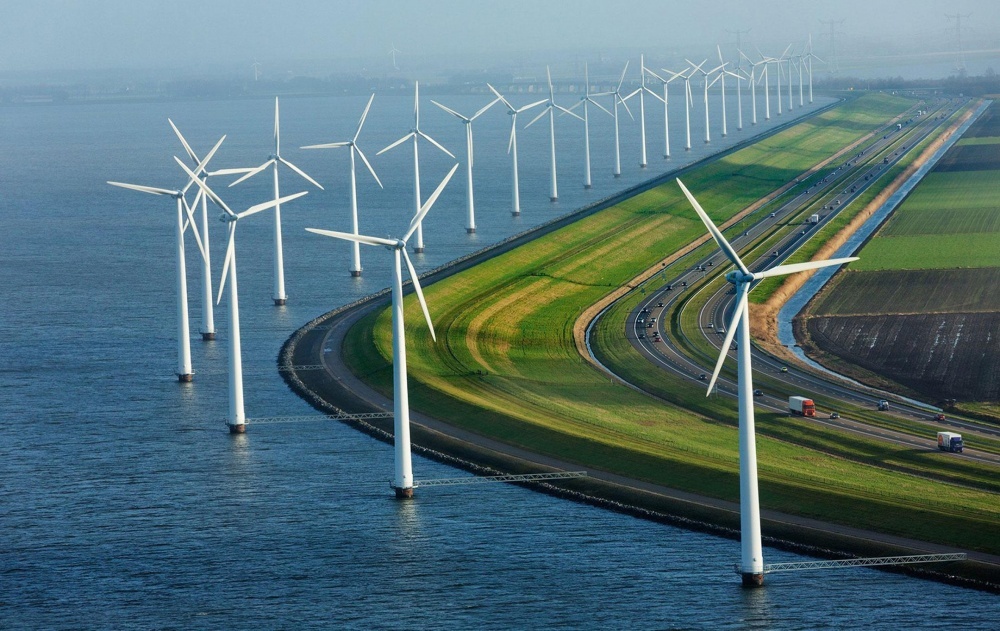Impact investing is a hot topic at the moment. And rightly so! We find this so encouraging because it is timely validation for the work we’ve been doing at our impact crowdfunding platform, SeedTribe. But there is more work to do before this industry can deliver the positive outcomes it promises. Part of this work involves incentivising the millennial generation of investors by giving them access to the best impact investments. Last month I wrote a piece on this ‘democratisation’ of impact investments for Angel News.
I wanted to share the message on here too:
Why Millennial Investors are Key for the Impact Space
“If you think you are too small to make a difference, try sleeping with a mosquito.”
This oft-quoted and amusing aphorism attributed to the Dalai Lama captures the spirit of bloody-mindedness (literally) that can drive anyone, irrespective of category, to their desired destination.
But in some industries, one can’t help but feel that size really does matter.
Early-stage investments are top of the list. For a long time, this space was a stomping ground for suits and wallets; a predominantly male sphere where prestige was gained by backing risky and exciting ventures.

This (slightly) unjustified stereotyping is not to undermine the important role those traditional types of investor have played in driving innovation.
But it’s important that this model evolve to become more inclusive and conscience-driven.
The advent of crowdfunding kicked off this shift: now individuals could invest in projects based on what they could afford and how much they valued the enterprise. Equity crowdfunding then allowed people to get a stake, as if they were a professional investor, in their chosen companies.
This democratisation helped spur an interest in innovation and startups among those previously unable to contribute. Now anyone could make a difference no matter how small.
However, it has become increasingly apparent that the quality of investments available on mainstream crowdfunding is still far below the level of deal flow available to professional investors.
You are never going to find the next AirBnB on a crowdfunding site. The traditional investors still hold a monopoly at the forefront of innovation.
So what? They will keep investing and funding visionary businesses and the merry parade will go on. We all benefit, right?
But the future they are creating is not one they will have to live with, at least not for very long. And that alters the motivation framework for them.
I’m not trying to denounce these investors or ascribe to them intentions which may or may not be there. But the truth is, the motivations for investing in a company inevitably differ between a 25-year old millennial and a 60-year old.
It’s not unreasonable to assume that, in most cases, the 60-year old will be more interested in wealth creation for themselves and their immediate family, while the younger person will have more concern for the future of the world they hope to inhabit for another 60 years or so.
The Rise of Capital with Conscience
The dramatic uplift in public concern over issues surrounding sustainability and the environment supports this. And it is the millennial generation who are driving this. They have come to realise that the effects of inaction will have irreparable consequences for their futures.

Sharing articles, protesting and walking to work are some ways individuals are trying to make a difference. We do these things but still feel too small to make a real difference.
Investing in impact businesses is a potential avenue for a new breed of investors to make a quantifiable difference. Impact or ‘profit-with-purpose’ businesses aim to change the world for the better while turning a profit and generating returns for investors. Included in this open attitude to positive change is a willingness to explore more inclusive methods of raising investment.
Young people, who are more environmentally engaged than ever before and willing to invest in ‘good’, neither have the resources nor the network to invest using traditional methods in the companies their conscience demands of them for a better future.
Luke Gavin, a 26-year old Greentech consultant, knows this difficulty: “One of the frustrating things about the low carbon energy sector is its inaccessibility to the average person – so much of the money comes from large institutional investors.”
A report by Barclays also shows the high appetite among younger generations with millennials four times more likely than older generations to put their money in impact funds.
How are we helping millennial investors?
At SeedTribe, we want to encourage this new generation of conscientious investors. We evaluate and vet the most exciting impact investment opportunities using the UN’s Sustainable Development Goals (SDGs) alongside commercial frameworks and allow people to invest online from £100 in exchange for equity.

Young people want to invest in the most promising impact businesses. It is a concern for the future motivated not simply by financial reward, but more importantly by the hope of a better world for themselves and future generations. We need to do everything we can to support this.
You can read the original article on Angel News here
Follow @Oliver_Jones7

